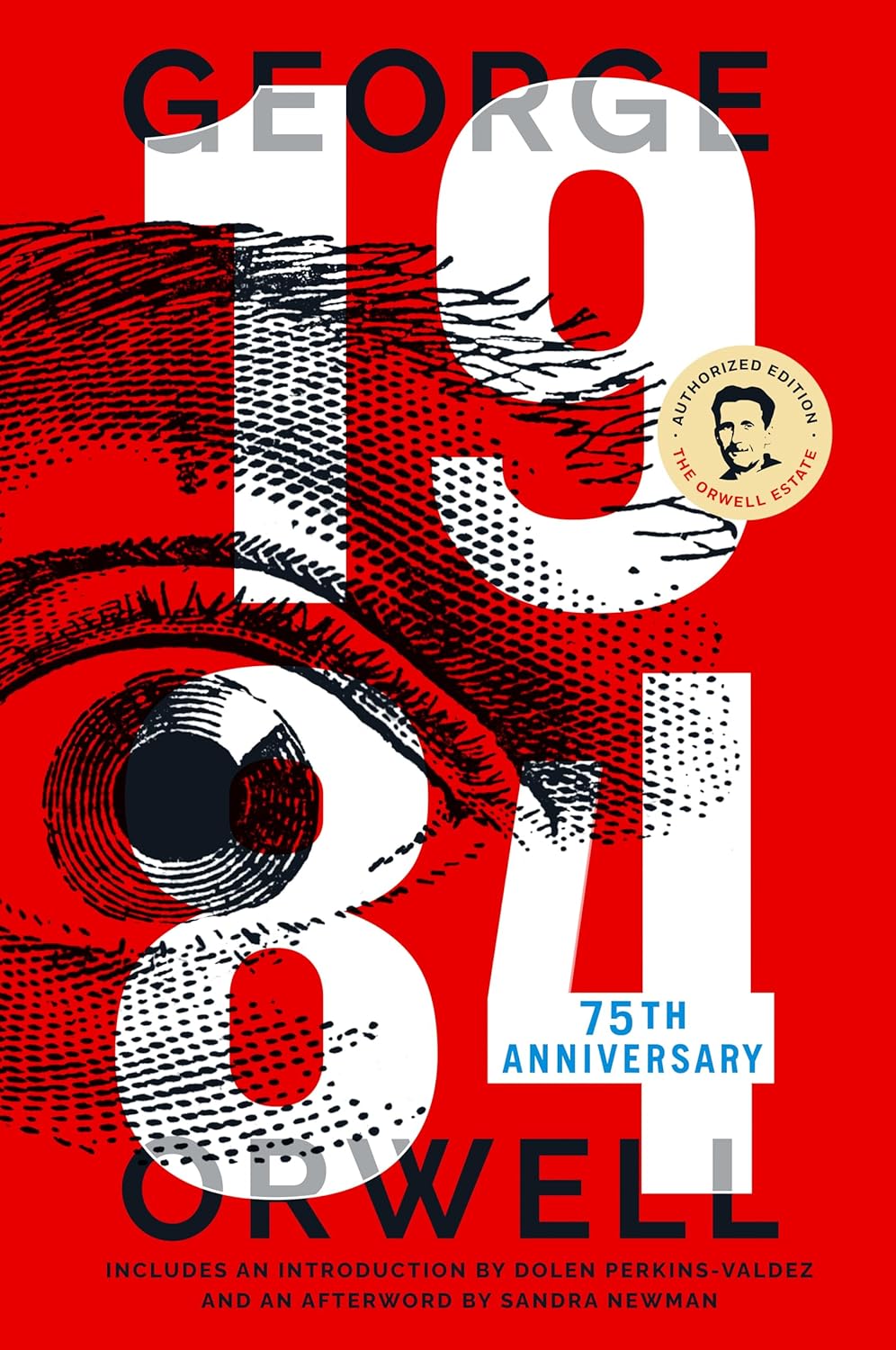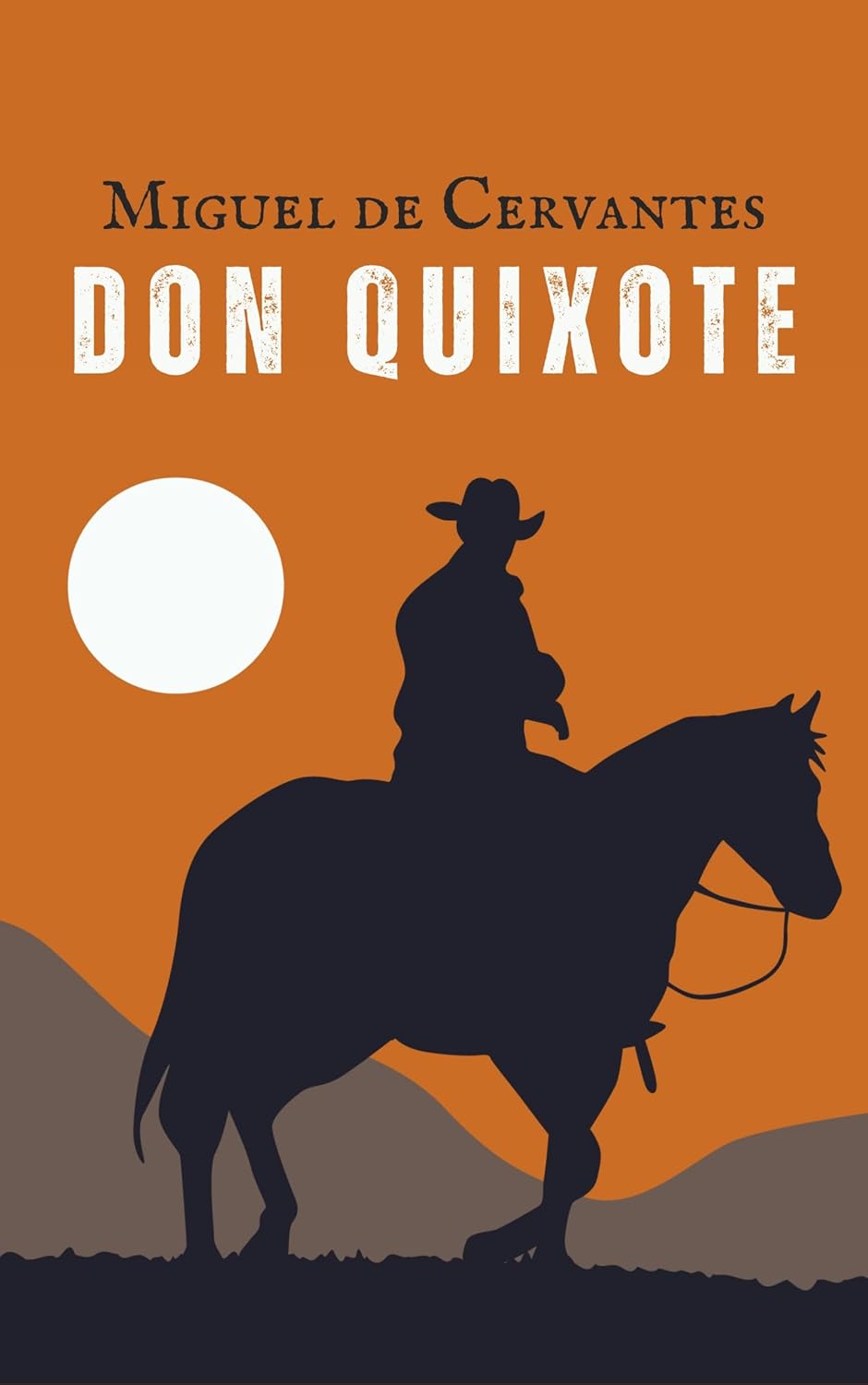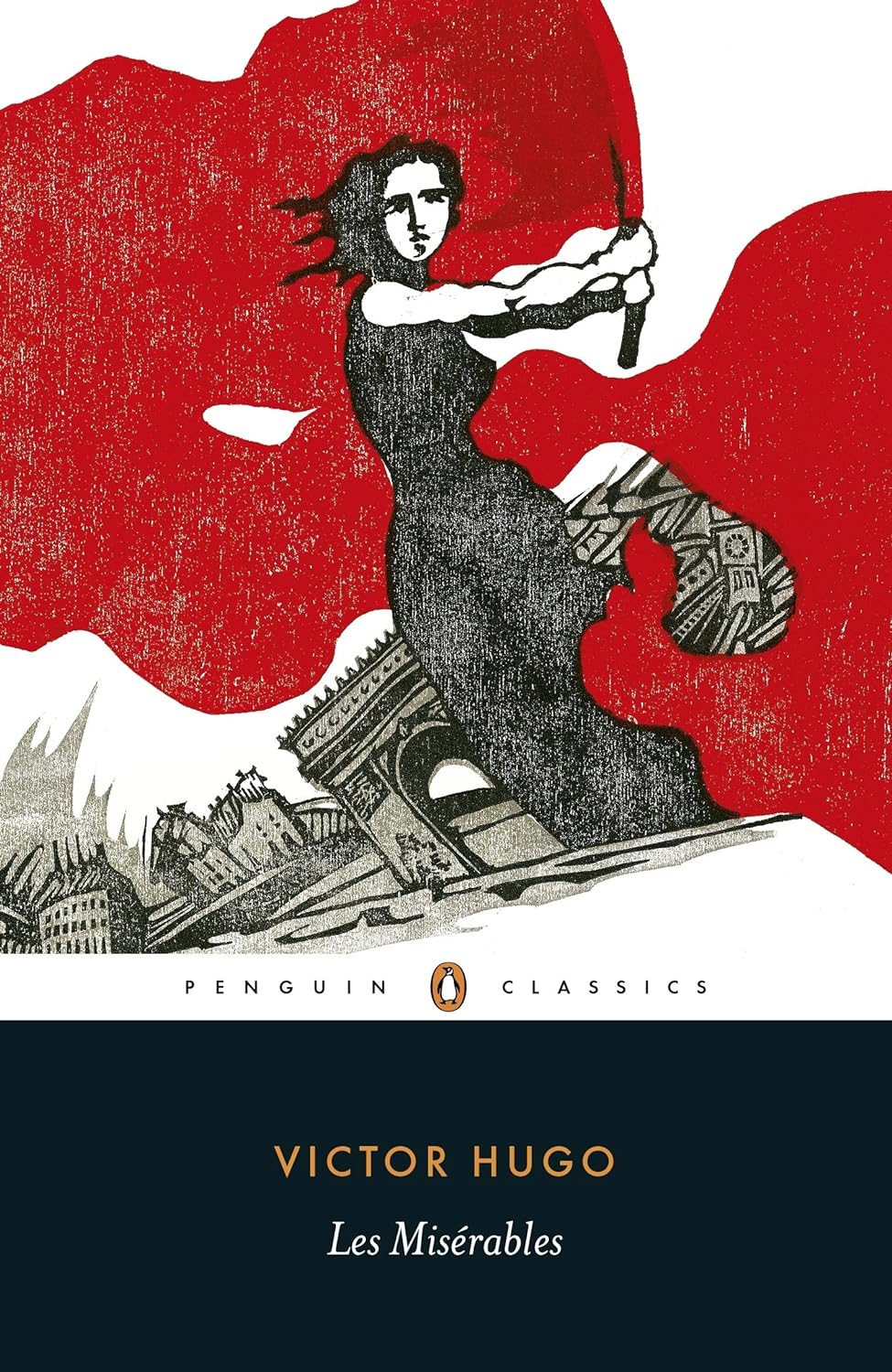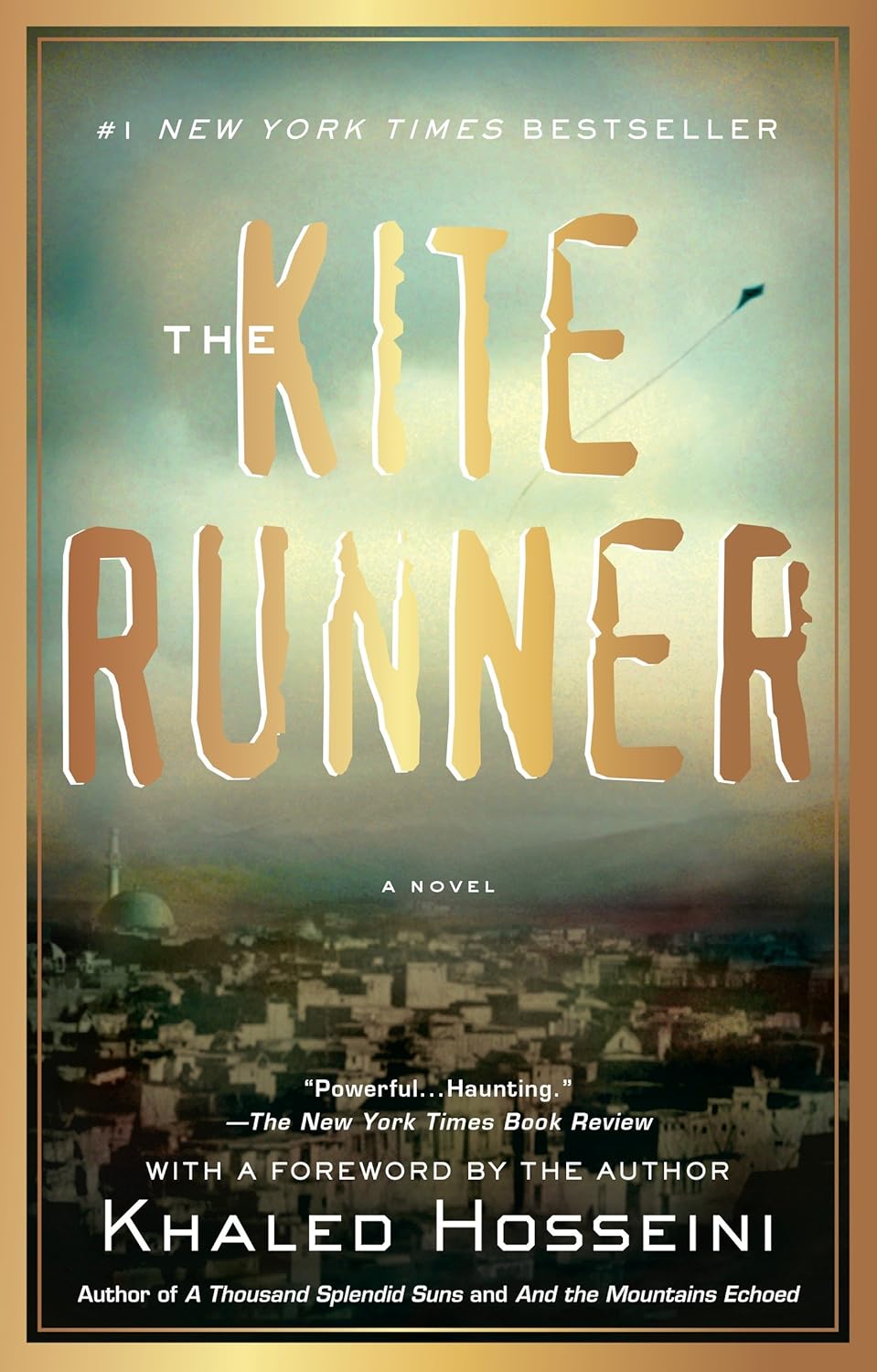1. 1984 By George ORWELL
Genre: Dystopian Fiction, Political Satire
Orwell’s 1984 is a chilling exploration of totalitarianism, surveillance, and psychological manipulation. Through Winston Smith’s rebellion against the oppressive Party and its omniscient Big Brother, Orwell crafts a haunting critique of authoritarianism. Its prescient themes—newspeak, thoughtcrime, and historical erasure—resonate deeply, warning of the perils of unchecked power and eroded truth. A timeless, unsettling classic.
Genre: Southern Gothic, Bildungsroman, Social Novel
Genre: Comedy of Manners, Romance
Austen’s masterpiece wields sharp wit to dissect class, marriage, and societal expectations in Regency England. Through Elizabeth Bennet’s spirited clashes and evolving relationship with the aloof Mr. Darcy, the novel balances romance with biting social satire. A timeless exploration of pride, prejudice, and self-awareness, brimming with charm and enduring relevance.
Genre: High Fantasy, Adventure, Epic Fantasy
Tolkien’s The Hobbit and The Lord of the Rings define modern fantasy, weaving rich mythologies of Middle-earth. The Hobbit charms with Bilbo’s whimsical quest, while LOTR expands into a grand, morally complex saga of heroism, sacrifice, and resistance against darkness. Timeless world-building, profound themes, and mythic scope make them foundational masterpieces.
Genre: Fantasy, Young Adult Fiction, Coming-of-Age
Rowling’s Harry Potter series enchants with its magical world-building, following Harry’s journey from orphan to hero against dark wizard Voldemort. Blending whimsy, friendship, and courage with darker themes of mortality and prejudice, it captures universal struggles of identity and belonging. A cultural phenomenon, it celebrates resilience and the enduring power of love.
Genre: Literary Fiction, Tragedy, Social Satire
Genre: Historical Fiction, Philosophical Literature, Literary Realism
Tolstoy’s War and Peace is a monumental epic intertwining the lives of aristocrats and soldiers during Napoleon’s invasion of Russia. Through profound character arcs and philosophical reflections on history, fate, and human agency, it captures the chaos of war and the search for meaning. A towering achievement in literature, blending intimate drama with grand historical sweep.
Genre: Literary Fiction, Tragedy, Social Realism
Genre: Adventure Fiction, Epic, Philosophical Literature
Melville’s Moby Dick is a sprawling, philosophical odyssey centered on Captain Ahab’s vengeful pursuit of the white whale. Blending adventure with existential inquiry, it explores obsession, humanity’s struggle against nature, and the futility of revenge. Dense with symbolism, encyclopedic whaling lore, and poetic prose, it remains a monumental, challenging meditation on ambition and the sublime.
Genre: Magical Realism, Family Saga, Historical Fiction
Márquez’s One Hundred Years of Solitude weaves a lush, surreal tapestry of the Buendía family’s rise and fall in Macondo. Blending myth, love, and decay with Latin America’s turbulent history, it explores time’s cyclicality and the fragility of memory. A poetic, tragicomic epic of human folly and resilience, cementing its legacy as a literary landmark.
Genre: Bildungsroman, Literary Fiction, Coming-of-Age
Salinger’s The Catcher in the Rye channels adolescent alienation through Holden Caulfield’s raw, cynical voice. His restless odyssey in 1950s New York critiques societal “phoniness” while yearning for innocence and connection. A defining portrait of teenage angst, identity crises, and fragile idealism, it remains a timeless, divisive anthem of disaffected youth.
Genre: Fantasy, Children's Literature, Allegorical Fiction
Lewis’s The Chronicles of Narnia enchants with its blend of fantasy and moral allegory, following the Pevensie siblings’ adventures in the magical realm of Narnia. Through Aslan’s wisdom and battles against darkness, it explores courage, sacrifice, and redemption. Whimsical yet profound, its timeless storytelling bridges childlike wonder and spiritual depth, securing its place as a beloved classic.
Genre: Satirical Fiction, Picaresque, Literary Classic
Cervantes’ Don Quixote is a seminal work of satire, following the deluded knight-errant and his loyal squire, Sancho Panza. Blending humor and pathos, it critiques romanticized chivalry while exploring illusion vs. reality. A foundational novel of Western literature, it balances absurdity with profound humanity, dissecting idealism, madness, and the enduring power of imagination.
Genre: Psychological Fiction, Philosophical Literature, Literary Realism
Dostoevsky’s Crime and Punishment plunges into the tortured psyche of Raskolnikov, a student who rationalizes murder as a test of nihilistic ideals. His unraveling guilt, encounters with the downtrodden Sonya, and eventual redemption through suffering dissect morality, free will, and existential despair. A harrowing, masterful exploration of sin, conscience, and the human capacity for renewal.
Genre: Science Fiction, Political Epic, Ecological Fiction
Herbert’s Dune is a visionary saga of interstellar politics, religion, and survival on the desert planet Arrakis. Paul Atreides’ transformative journey from heir to messianic leader interrogates power, ecology, and human potential. With its intricate world-building, prophetic themes, and layered allegories, it reshaped sci-fi, blending cerebral ambition with mythic grandeur.
Genre: Historical Fiction, Social Commentary, Literary Epic
Hugo’s Les Misérables is a monumental tale of redemption, justice, and revolution in 19th-century France. Through Jean Valjean’s transformative journey and the intertwined fates of Fantine, Cosette, and Javert, Hugo exposes systemic oppression and moral contradictions. A sweeping narrative of sacrifice, love, and rebellion, it champions human dignity and the resilience of hope.
Genre: Philosophical Literature, Psychological Fiction, Family Saga
Dostoevsky’s The Brothers Karamazov is a towering philosophical novel exploring faith, doubt, and moral chaos through the turbulent Karamazov family. As brothers Dmitri, Ivan, and Alyosha grapple with patricide, guilt, and existential questions, Dostoevsky interrogates God, free will, and human suffering. A profound, psychologically dense masterpiece, teeming with spiritual turmoil and timeless debates on morality and redemption.
Genre: Dystopian Fiction, Science Fiction, Social Satire
Huxley’s Brave New World envisions a chilling, hedonistic future where humanity is engineered for complacency via genetic control, conditioning, and soma. Through characters like Bernard and John the Savage, it critiques consumerism, loss of individuality, and the dehumanizing cost of utopian stability. A prescient, unsettling reflection on freedom, technology, and the peril of trading truth for comfort.
Genre: Gothic Fiction, Science Fiction, Tragedy
Shelley’s Frankenstein is a seminal Gothic tale of ambition and hubris, as Victor Frankenstein’s monstrous creation rebels against its abandonment. Exploring isolation, societal rejection, and the moral abyss of playing God, it critiques unchecked scientific ambition. A tragic, philosophical meditation on creation, responsibility, and the blurred line between humanity and monstrosity.
Genre: Literary Fiction, Historical Fiction, Coming-of-Age
Hosseini’s The Kite Runner is a haunting tale of betrayal, guilt, and redemption in war-torn Afghanistan. Through Amir’s journey to atone for his childhood abandonment of Hassan, it confronts class divides, cultural erosion, and the scars of trauma. Poignant prose and vivid cultural insight expose the cost of cowardice and the fragile hope of forgiveness.
Genre: Epic Fantasy, Political Intrigue, Dark Fantasy
Martin’s A Song of Ice and Fire is a sprawling, gritty saga of warring noble houses vying for control of Westeros. With morally ambiguous characters, brutal realism, and intricate plotting, it deconstructs power, honor, and human frailty. Unflinching in its portrayal of ambition and consequence, it redefined fantasy through layered narratives and unpredictable stakes.
Genre: Allegorical Fiction, Inspirational Literature, Quest Narrative
Coelho’s The Alchemist follows Santiago, a shepherd seeking treasure, as his journey becomes a parable of self-discovery. Through encounters with mystics and deserts, it distills life’s essence: pursuing one’s “Personal Legend” by heeding omens and the soul’s language. A lyrical, universally resonant fable about destiny, courage, and the alchemy of embracing life’s unseen forces.
Genre: Young Adult Fiction, Paranormal Romance, Urban Fantasy
Meyer’s The Twilight Saga centers on Bella Swan’s romance with vampire Edward Cullen and bond with werewolf Jacob Black, igniting a supernatural love triangle. Critiqued yet culturally seismic, it explores forbidden desire, identity, and sacrifice amid vampire-werewolf rivalry. A polarizing phenomenon, its melodrama and escapist allure redefined YA’s commercial power and fan fervor.
Genre: Modernist Literature, Experimental Fiction, Literary Allusion
Joyce’s Ulysses redefines the novel through its audacious stream-of-consciousness narrative, chronicling a day in Dublin as Leopold Bloom’s odyssey mirrors Homer’s epic. A labyrinth of linguistic innovation, humor, and existential musings, it probes identity, mortality, and the mundane’s profundity. Dense yet dazzling, it remains a towering, enigmatic pillar of modernist literature.
Genre: Gothic Fiction, Bildungsroman, Social Critique
Brontë’s Jane Eyre is a defiant bildungsroman tracing the orphaned Jane’s quest for autonomy in a rigid Victorian society. Her thorny romance with Rochester, shadowed by Gothic secrets and moral dilemmas, challenges gender and class hierarchies. A fiercely introspective narrative, it champions proto-feminist themes of equality and self-respect over societal convention.


























